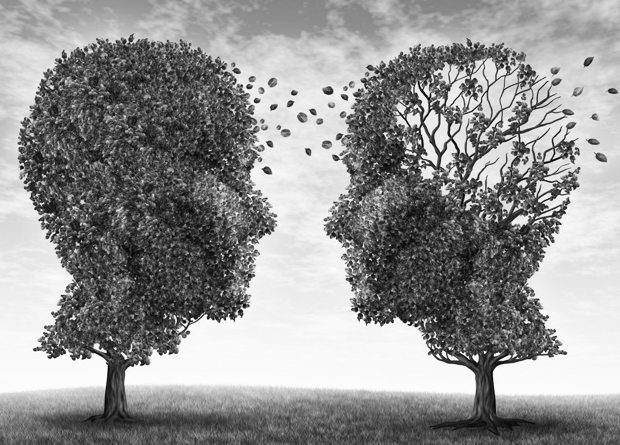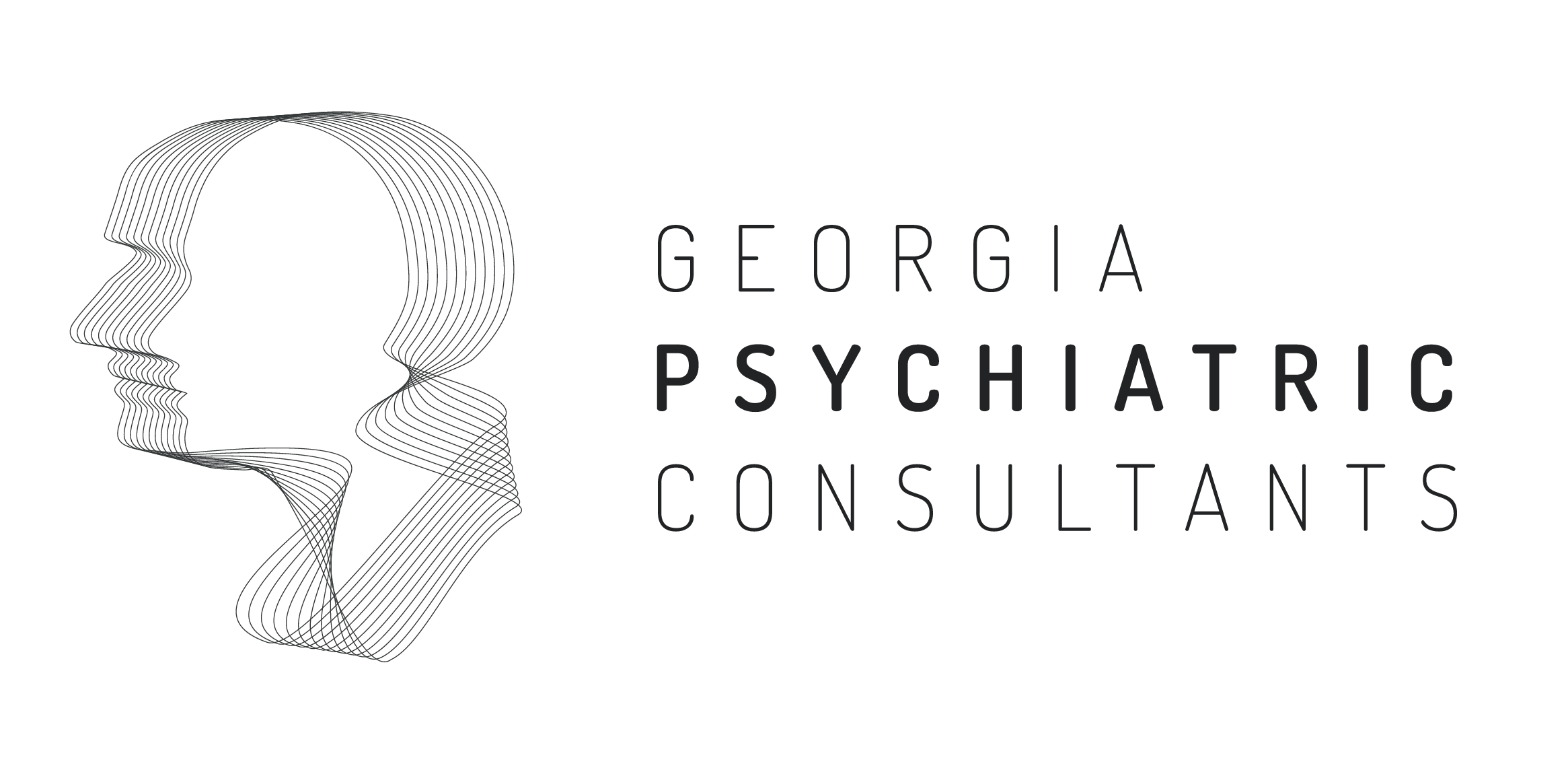
Bipolar disorder, also known as manic-depression, is a mental illness that causes extreme shifts in mood, energy, and activity levels, and can hinder a person’s ability to perform daily tasks. Episodes vary from person to person and can last hours, days, weeks, or months. Scientists have found no single cause, but believe that multiple factors contribute to the illness. Symptoms usually appear in a person’s late teens or early adult years, but they can also occur in childhood. Children whose parent or sibling has bipolar disorder are much more likely to develop the illness, compared with children who do not have a family history of the disorder.
Many people with bipolar disorder also have other illnesses such as anxiety or eating disorder. About 50% of people with bipolar disorder also have a substance abuse problem, particularly alcohol use. They tend to drink during a manic phase to slow themselves down and drink when they are depressed to improve their mood. People with bipolar disorder often have sleep problems such as sleeping too much and feeling tired all the time during a depression phase and not sleeping enough and never feeling tired during a manic phase. A person with severe episodes of mania or depression may also have psychotic symptoms (i.e. hallucinations, delusions) matching their extreme mood. For example, symptoms during a manic episode may cause a person to believe they are rich, famous, or have special powers, while a person having symptoms during a depressive episode may believe they are destitute or they have committed a crime. These psychotic symptoms can sometimes lead to a misdiagnosis of schizophrenia.
To receive a proper diagnosis, a doctor will complete a physical exam to rule out other conditions. After eliminating (or possibly diagnosing) other illnesses, the doctor may conduct a mental health evaluation or refer the person to a trained mental health professional experienced in diagnosing and treating bipolar disorder. After a bipolar disorder diagnosis, a person will work with their doctor to decide on a treatment program that will help them control their mood swings and other symptoms. An effective treatment plan usually includes a combination of medication and psychotherapy to provide support, education, and guidance. With proper diagnosis and treatment, bipolar disorder can be controlled and a person can lead a healthy and productive life.
Over 5 million Americans are living with some form of bipolar disorder. If you have any questions or would like to speak to someone about your or a loved one’s bipolar disorder, call us today at Georgia Psychiatric Consultants!




